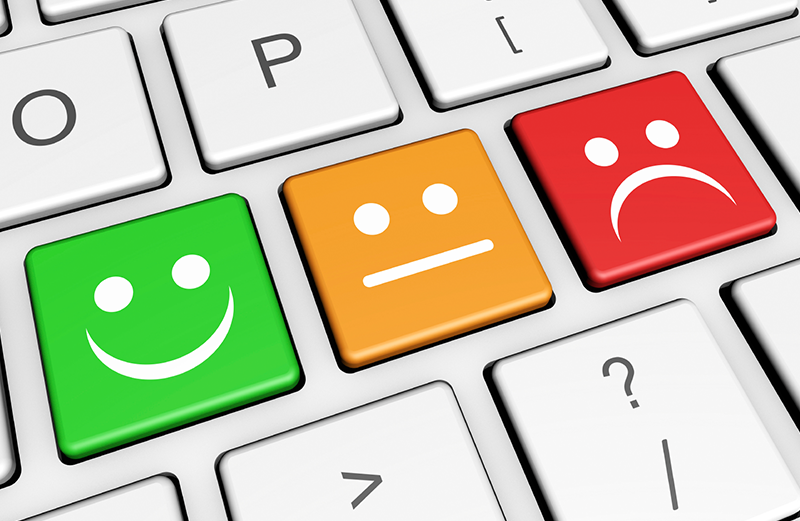Continuing the series of articles from the book “Mental Game of Poker.” In the previous part, you could read about performance and results, and this time we present a text about evaluation and analysis.
Evaluation
The first opportunity to objectively evaluate your game arises immediately after you finish playing. During the game itself, whether it's poker or football, you will play significantly better if you intensely focus on the game itself rather than trying to evaluate how well you are playing.
After a football match, the media immediately interviews players and coaches, trying to get their initial reactions and opinions about the game. That information is just a few quick observations about the finished match, prevailing moods, etc., but it is not a detailed review of the game. In the locker rooms, players talk to each other and have much more time for game analysis. Coaches also review video recordings, examine each player's performance, and their own decisions to get an initial impression of what needs to be improved before the next match.
Poker players after a session tend to focus most on money. This is because it is easy to calculate and is the most important in the long run. The problem with this is that due to high variance, money is not a reliable unit of measurement for game quality. Here are some better ways to evaluate your game:
- Take a closer look at how you played when faced with difficult decisions
- Calculate how much impact variance had on the results
- Calculate whether you managed to achieve the qualitative goals set before the game? If not, why?
- Review how you did in the areas you are trying to improve (poker strategy and psychology). Is there progress?
- If you plan to analyze played hands later, then take notes and thoughts about them during the game, as you might forget later.
Spending a short time evaluating the game is a great way to:
- Put poker aside and start focusing on other things happening in life
- “Reset” your mind until the next session
CLIENT STORY
Niman “Samoleus” Kenkre
$5/$10 – $25/$50 NLHE
Bluefire poker school coach
“I never used a HUD (Heads up display – a program used to collect statistics about the game), but I always kept data in an electronic spreadsheet to make it easier to calculate taxes. Besides recording the time of day, limits, and profit data, I also had a column for comments. Lately, my comments were something like ‘Stupid donkey suckouted.'
After working with Jared, a couple more columns appeared in my spreadsheet. In one of them, I write my game quality rating, and in the other – a comment on how well I managed my emotions. Now I feel a much greater desire to play and manage my emotions much better. I focus less on profit and more on the rating I give myself. Every time I try to play so that I can give myself a 9 or 9.5 for the game, and that determines the success of my session.
I think I can honestly give myself a rating. For example, a few days ago I had a losing session, but I felt that I played very well, so I gave myself a high rating and did not feel disappointed with my game that day.”
Analysis
Analysis is part of the process model designed for active game examination, not sitting at the poker table. It is a great time for a more detailed evaluation of your and your opponents' game, using additional resources to strengthen your game.
In football, this is equivalent to a more detailed analysis of the game recording, a thorough examination of the mistakes made. Reviewing the game and decision-making process allows you to understand what was done wrong and allocate time until the next match to correct those mistakes. Perhaps such a tedious and monotonous job is not the most interesting part of a player's week, but it is usually the most valuable time spent.
In poker, analysis does not necessarily have to be done immediately after the session. On the contrary, sometimes it is better to take a break before diving into the analysis process. There are many ways to improve your game, such as: analyzing marked hands, reading forums and participating in discussions, watching instructional videos, various calculations, talking to other players, and studying the game of good players.
After analyzing newly learned things, note them down and remind yourself of them every time you warm up before the game. This way, you will prepare even more effectively for your next session.
Use the process model every day
The process model will make your approach to performance and improvement more active, organized, measurable, and effective. Using this model over a long period will improve your learning and result-achieving abilities. Very often, players start learning and improving their game only when they hit a losing streak and their winrate drops. Why wait until something bad happens? As competition in poker increases, players gain an advantage by constantly learning and improving. Use the process model every time you play, and your game curve will constantly rise, and the game will never stop improving.
The series of articles is prepared based on Jared Tendler's poker psychology book: “Mental Game of Poker.” Those who want to purchase the original, which is in English, can do so at amazon.com






